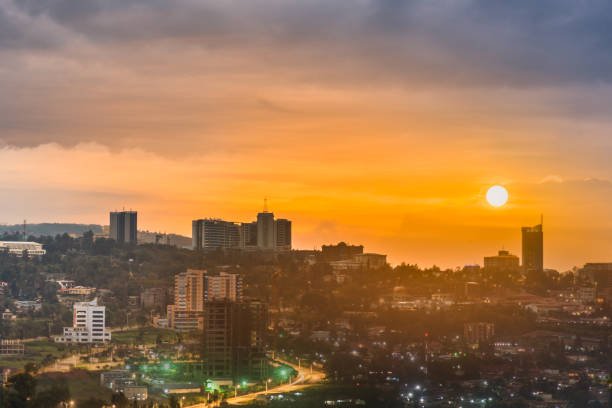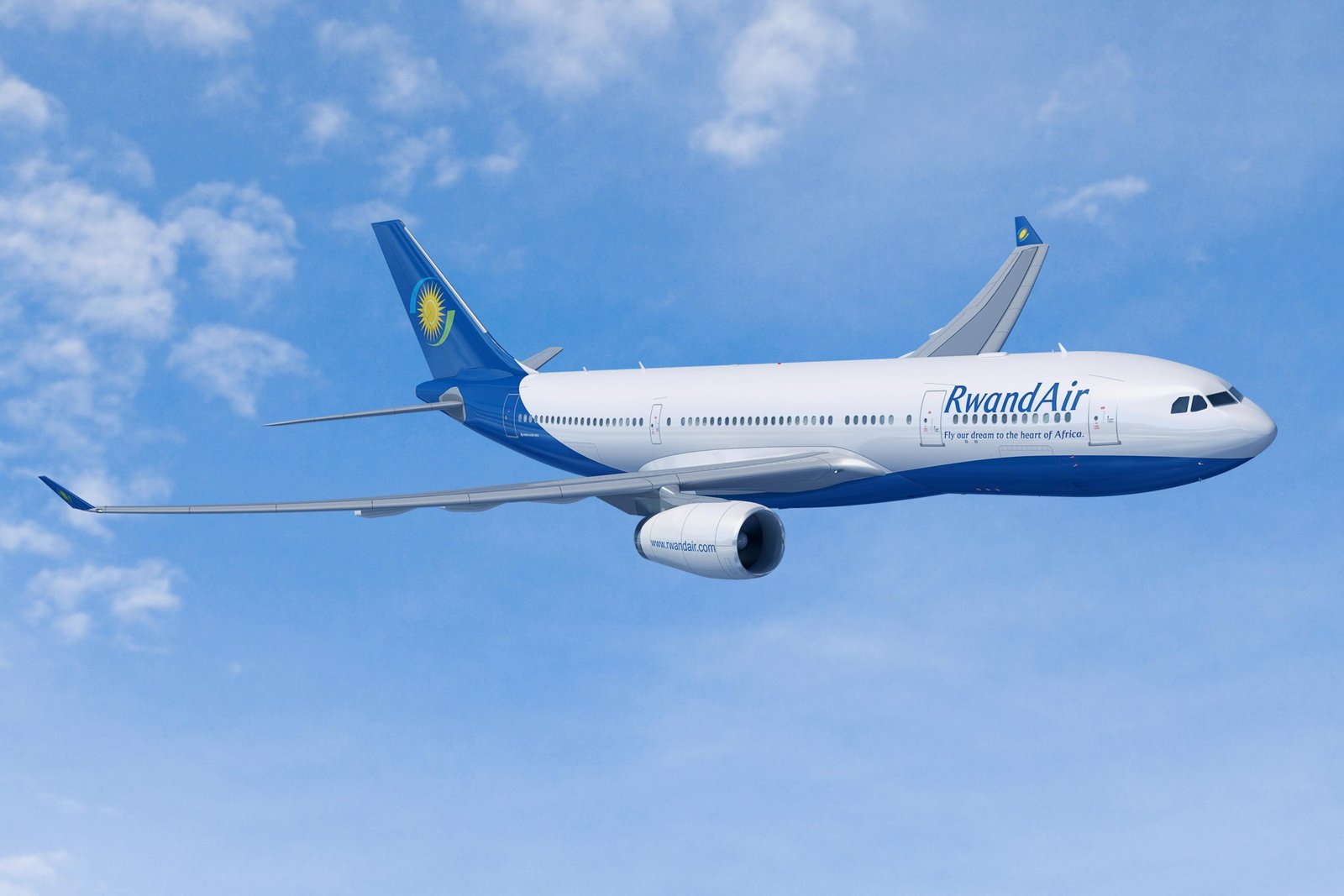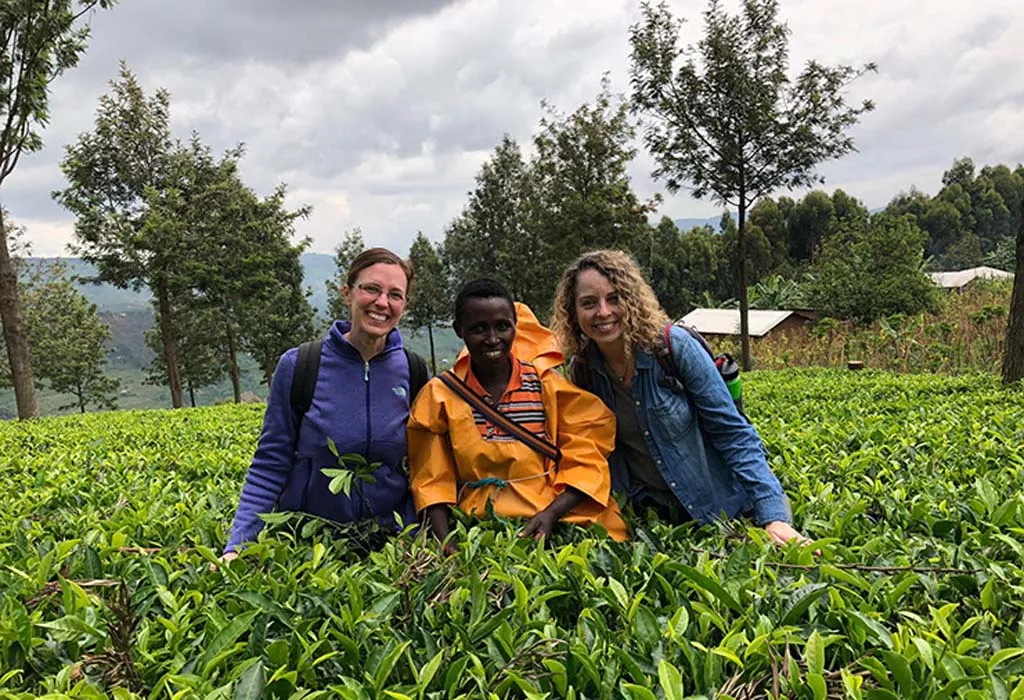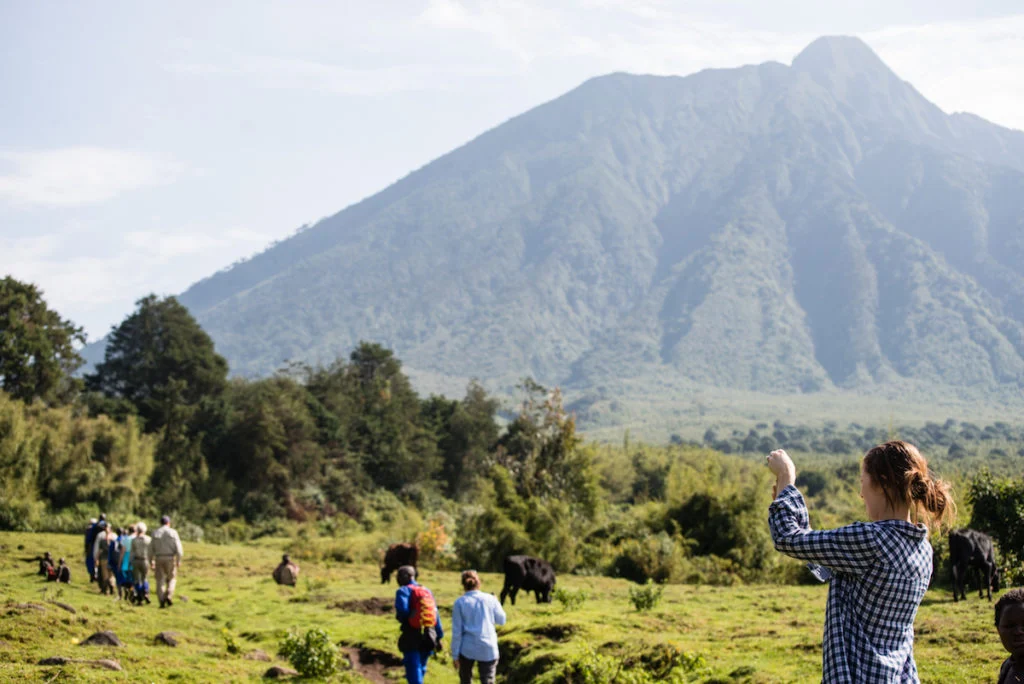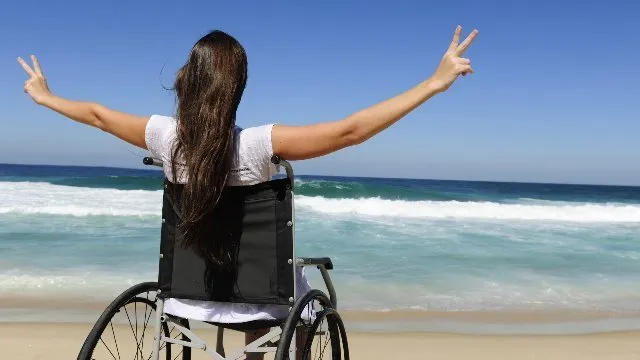
Rwanda, the Land of a Thousand Hills, is fast becoming one of Africa’s most exciting travel destinations. From its clean, modern capital of Kigali to the breathtaking views of Lake Kivu and the majestic mountain gorillas in Volcanoes National Park, Rwanda has so much to offer. But what about accessibility? Is Rwanda a good destination for travelers with disabilities?
The good news is—yes, it is getting there. While Rwanda still faces challenges in terms of infrastructure, there’s a growing awareness and commitment to inclusivity. Whether you use a wheelchair, are visually impaired, or have other mobility or sensory needs, this guide will help you navigate Rwanda with more ease and confidence.
Why Accessibility in Rwanda Matters
Accessible travel isn’t just a nice option—it’s a human right. For travelers with disabilities, having access to accommodations, transport, and attractions can make the difference between a life-changing adventure and a frustrating experience. Rwanda has made progress in disability inclusion, thanks to national policies and local organizations advocating for better services. While there’s still room for growth, more and more places are becoming accessible every year.
Getting Around: Transport Options for Everyone
🚌 Public Transport
Rwanda’s buses and minibuses (called Twegerane) are generally not wheelchair accessible and can be crowded. However, larger buses (like Kigali Bus Services or RFTC) are a bit more accommodating and may have staff willing to help you board if needed. Some bus stations now have ramps and accessible toilets.
🚕 Taxis & Ride-hailing Apps
Kigali is the best place for travelers with disabilities to use ride-hailing services like Yego or Move. These apps work like Uber and allow you to request private rides, which are easier to manage if you have mobility challenges.
Pro tip: Call ahead or message the driver to explain your situation—they’re often helpful and willing to accommodate.
🚐 Accessible Transport Services
Some tour operators and NGOs now offer wheelchair-accessible vans and vehicles for private hire. Look for companies like:
-
Kingfisher Journeys
-
Rwanda Eco-Tours
-
Love with Actions (a local NGO helping travelers with mobility issues)
Where to Stay: Accessible Hotels in Rwanda
The hospitality industry in Rwanda is improving accessibility, especially in larger cities and touristy areas.
🛏️ Kigali
-
Kigali Marriott Hotel: Offers wheelchair-accessible rooms and bathrooms.
-
Radisson Blu Hotel & Convention Centre: Fully accessible, with elevators and trained staff.
-
Heaven Boutique Hotel: Offers some accessible features and helpful staff.
🌅 Lake Kivu (Gisenyi/Rubavu)
-
Kivu Serena Hotel: One of the most accessible options near the beach.
-
Inzu Lodge: Not fully accessible but has level ground and can be modified upon request.
Tip: Always call or email ahead to confirm what “accessible” means to the hotel. Standards vary.
Attractions & Activities: What’s Accessible?
🦍 Gorilla Trekking
Mountain gorilla trekking is physically demanding, but Rwanda has a unique solution: Sedan chairs (or porters) are available for travelers with mobility issues. These chairs are carried by a team of trained porters, allowing you to still experience this once-in-a-lifetime moment without hiking yourself.
Ask your tour operator in advance to book this service.
🌳 Nyungwe Forest National Park
While hiking trails are not fully accessible, the Canopy Walkway has been adapted with a more gradual entry path in recent years, and some viewpoints can be reached by car.
🏙️ Kigali Genocide Memorial
This important historical site is wheelchair accessible, with ramps and wide paths. Staff are respectful and trained to assist visitors with various needs.
🎨 Kigali Cultural Sites
-
Inema Arts Center: Mostly accessible, though some uneven ground.
-
Campaign Against Genocide Museum: Elevator access and guides available.
Health & Emergency Info for Disabled Travelers
-
Hospitals in Kigali like King Faisal Hospital and Rwanda Military Hospital are well-equipped and accessible.
-
Carry medical documents, prescriptions, and emergency contacts.
-
The emergency number in Rwanda is 912 (ambulance services).
Local Organizations Supporting Accessibility
Several local groups support the rights of people with disabilities and may assist travelers or connect them with resources:
-
National Union of Disability Organizations of Rwanda (NUDOR)
-
Rwanda Union of the Blind (RUB)
-
Love With Actions
-
Hope and Homes for Children – Inclusive Support Projects
Essential Travel Tips for People with Disabilities
-
Book accommodations and transport early. Options may be limited.
-
Communicate clearly with hotels and guides. Always ask detailed questions about “accessibility.”
-
Use apps like Google Maps and AccessNow to scout areas in advance.
-
Hire a local guide who understands your needs. A good guide makes all the difference.
-
Consider travel insurance that covers mobility aids or medical emergencies.
Accessible travel in Rwanda is absolutely possible, especially with a bit of planning and local support. Whether you’re rolling through Kigali’s smooth streets, enjoying a lakeside sunset in Gisenyi, or trekking into the misty mountains to see gorillas, Rwanda is opening up to all kinds of travelers.
The more people explore Rwanda with diverse needs, the more inclusive the country will become. So don’t hold back—Rwanda is ready for you.

